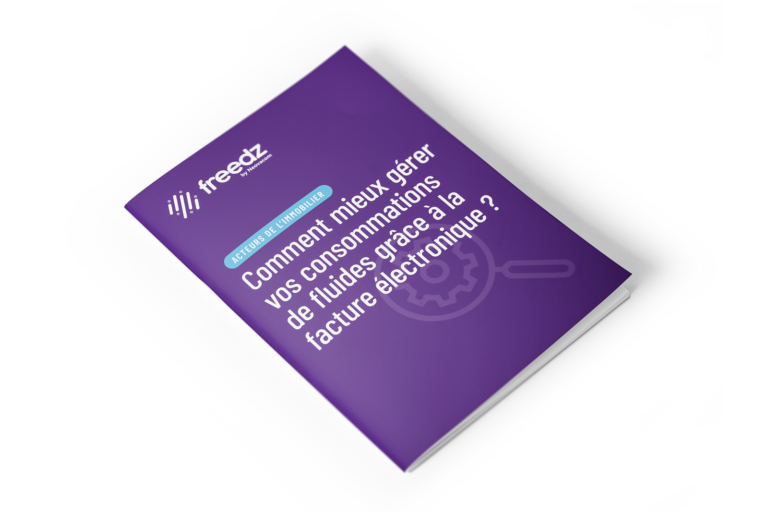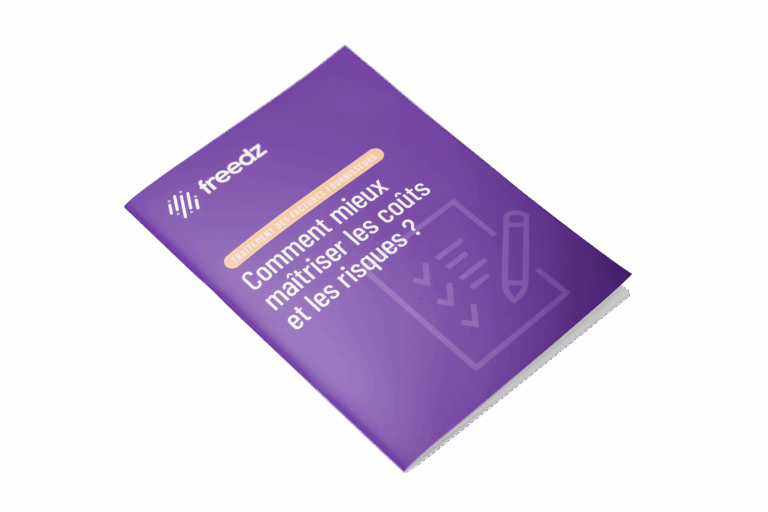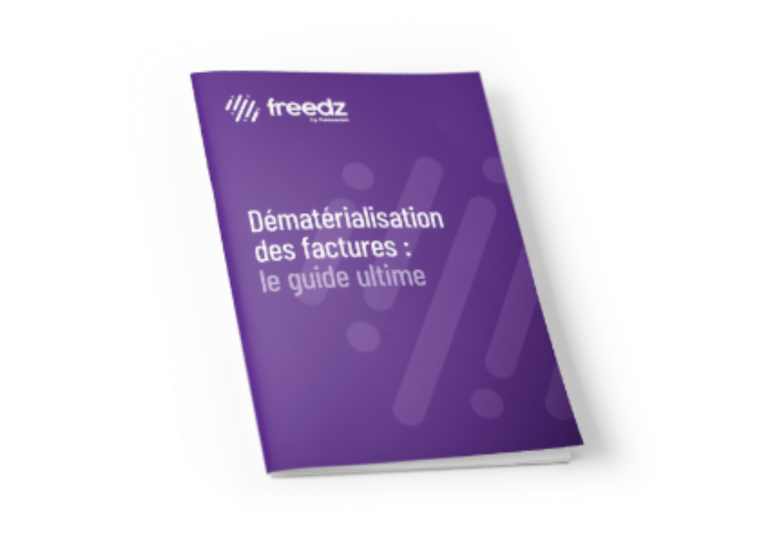White Papers and Kits
Real estate players: how to better manage your fluid consumption

The Elan law, tenant rebilling, consumption anomalies, water leaks... There are many issues linked to energy and fluid management for real estate professionals.
Whether you're a social landlord or in the commercial property sector, these are major components of your operating expenses, as well as causing friction with potential tenants.
But while consumption data is usually "accessible" on bills, analyzing it remains difficult and laborious. This is due to a lot of paper, manual data entry and, in short, time spent compiling data in Excel or in an analysis tool... When it's not simply put aside!
Yet electronic invoicing simplifies all this, by facilitating access to data, opening the door to numerous sources of savings...
So how do you harness its full potential? Discover the answer in our white paper.
Download your white paper:
These resources may also be of interest to you

Traitement des facteurs fournisseurs : comment mieux maîtriser les coûts et les risques ?

Invoice dematerialization: the ultimate guide

Understanding the electronic invoice reform
The collaborative platform for invoice processing in the real estate and construction sectors.
Find out more about our solutions